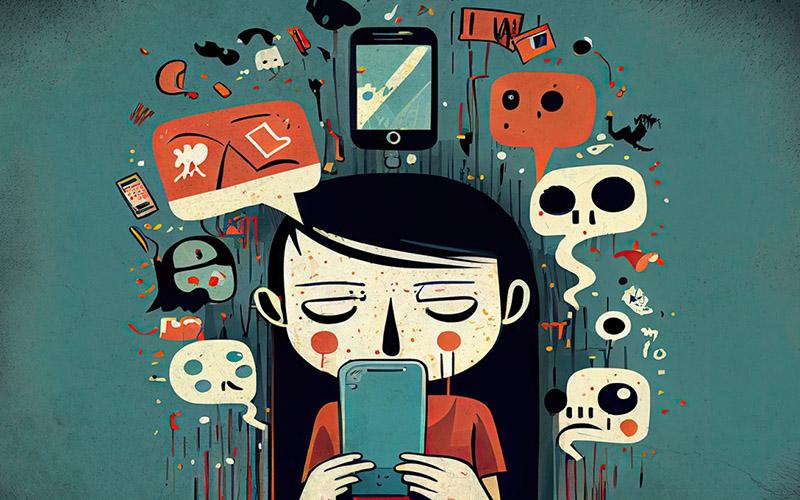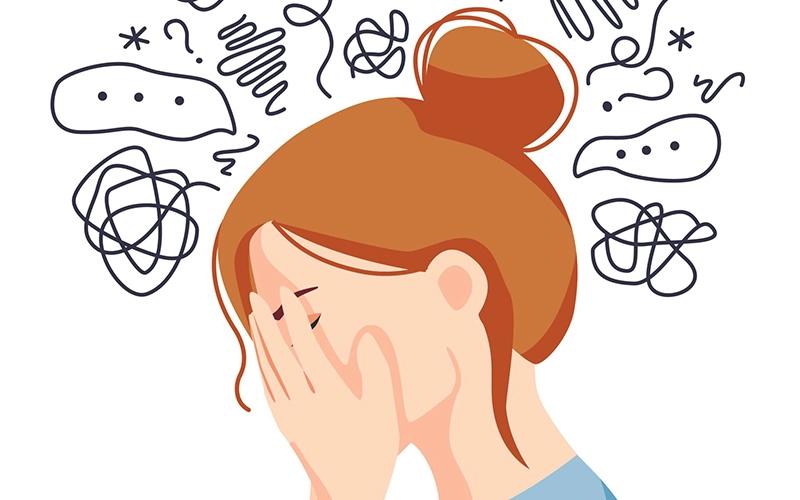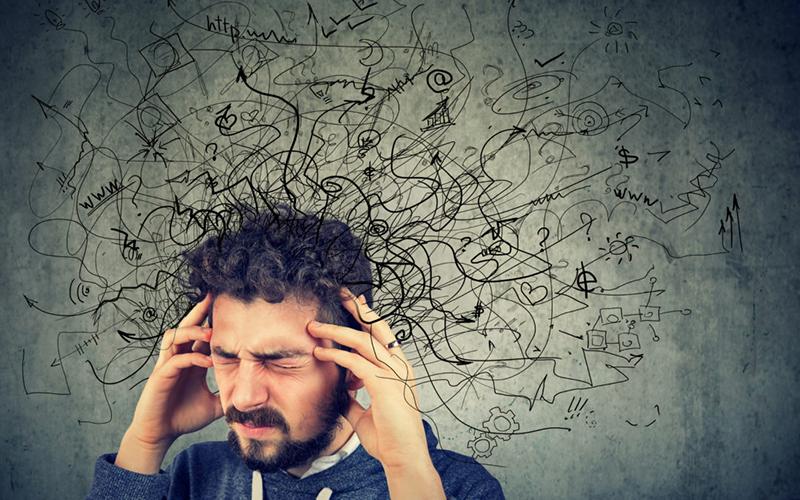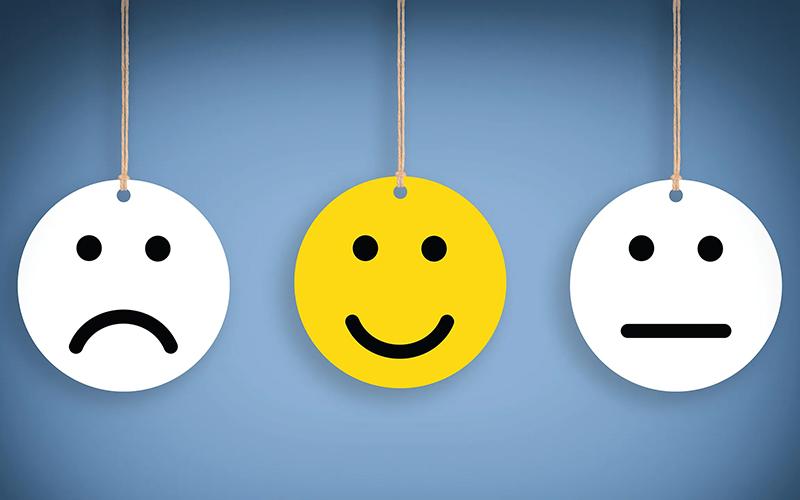Understanding Social Media Addiction and Its Impact
In the modern digital era, social media platforms have become an integral part of our daily lives. They offer instant connectivity, entertainment, and access to a wealth of information. However, these platforms are also designed to keep us engaged for long periods, which can lead to problematic behaviors known as social media addiction. Social media addiction refers to an excessive preoccupation or compulsion to use social media that can negatively impact an individual's emotional, social, and professional life.
This essay explores the key aspects of social media addiction, its signs, causes, and consequences. It also offers practical tips for regaining control of your online habits. Throughout, we’ll encourage you to reflect on your own social media behavior and whether it may be time to reassess your online habits.
Signs of Social Media Addiction
Recognizing the signs of social media addiction is an important first step in understanding the severity of the issue. Some common signs include:
- Constant Thoughts About Social Media: If you often find yourself thinking about social media even when you’re not using it, this could be an indication of dependency.
- Loss of Time Awareness: Many people lose track of time while scrolling, posting, or interacting with others on social platforms.
- Social or Professional Consequences: When social media usage interferes with work, school, or relationships, this can be a sign of addiction.
- Compulsive Checking: Feeling the urge to check notifications or social media feeds even during inappropriate times, like meetings or family events, can indicate compulsive behavior.
Causes of Social Media Addiction
Several factors contribute to the development of social media addiction:
- Dopamine Feedback Loops: Social media platforms are designed to provide instant gratification through likes, shares, and comments. Each positive interaction triggers a release of dopamine in the brain, creating a reward loop that encourages more usage.
- FOMO (Fear of Missing Out): One of the most powerful motivators for frequent social media use is the fear of missing out on important events, trends, or updates.
- Escapism: For some individuals, social media becomes an escape from real-life problems, boredom, or loneliness, leading to overuse.
Impact on Mental Health and Relationships
Social media addiction can have far-reaching consequences on both mental health and relationships:
- Mental Health: Studies suggest that excessive social media use is linked to increased anxiety, depression, and feelings of loneliness. Social comparison, where users compare their lives to others' curated online personas, can also lead to negative self-esteem.
- Relationships: Constant engagement with social media can affect real-life relationships. Conflicts can arise from time spent online rather than with loved ones, and arguments over content shared or liked can further strain relationships.
Practical Tips for Managing Social Media Usage
If you feel that social media is taking up too much of your time or affecting your well-being, here are some strategies you can try:
- Set Time Limits: Use screen time tracking tools or apps to monitor your daily usage and set specific time limits for social media.
- Turn Off Notifications: Reduce the urge to constantly check your phone by turning off non-essential notifications.
- Schedule Offline Time: Dedicate specific periods of the day where you avoid using your phone or any social media apps, allowing yourself to disconnect and focus on other activities.
- Engage in Real-World Hobbies: Rediscover hobbies or activities that don’t involve technology, such as reading, sports, or spending time with family and friends.
Conclusion: Is Social Media Addiction Affecting You?
As social media continues to evolve, it is essential to maintain a healthy balance between our online and offline lives. Social media addiction is a growing issue that can have a serious impact on mental health and personal relationships. By recognizing the signs and taking proactive steps to reduce dependency, individuals can regain control of their online habits.
If any of the signs discussed in this article sound familiar, it might be time to reflect on your own social media use and assess whether it's affecting your life more than you realize. Consider taking a quick test to gauge your level of social media addiction and gain insight into how your online behavior might be influencing your overall well-being.



